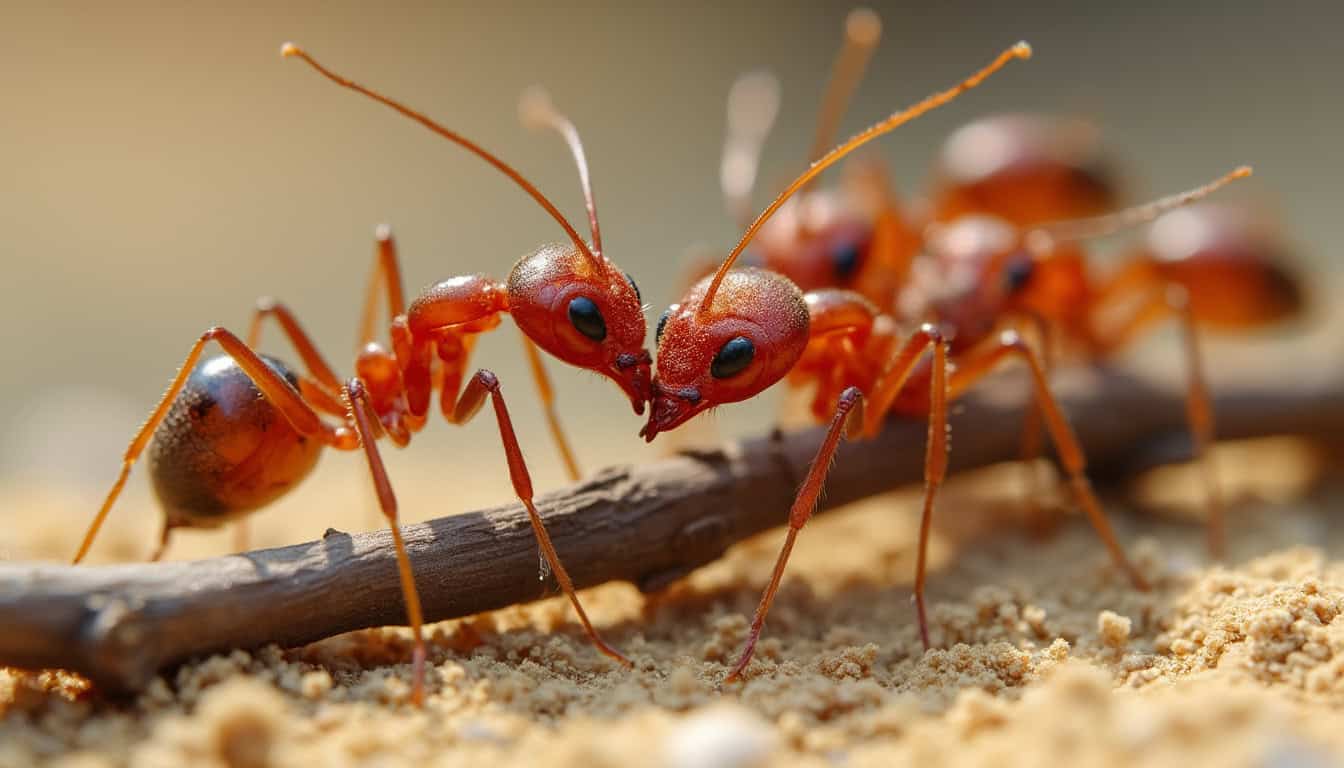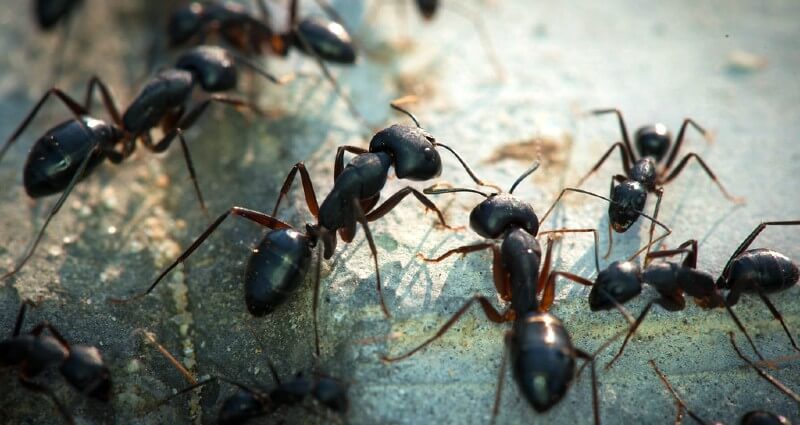Ecological Influence of Insect Control: Balancing Performance With Sustainability
The ecological impact of insect control is a crucial problem that needs a fragile balance in between attaining effectiveness in guaranteeing and handling bugs sustainability of our ecosystems. From the use of dangerous chemicals that seep right into our soil and water to the unexpected effects on non-target varieties, the effects of traditional pest control techniques are significant.
Unsafe Chemicals in Parasite Control
The use of hazardous chemicals in insect control postures substantial ecological and health and wellness threats that call for mindful factor to consider and reduction methods. Herbicides, pesticides, and pesticides are typically used to eliminate pests, however their prevalent application can bring about unexpected repercussions. These chemicals can contaminate dirt, water sources, and the air, influencing not just the targeted insects but additionally valuable insects, wild animals, and humans.

To address these risks, integrated pest management (IPM) techniques are being advertised as a more lasting option. IPM includes a combination of methods such as organic control, environment adjustment, and the targeted usage of chemicals as a last resource (ant control pineville nc). By embracing a holistic strategy to pest control, we can lessen the environmental and wellness effects related to hazardous chemicals while efficiently managing pest populaces
Effect on Non-Target Variety
Thinking about the unintended effects of bug control techniques, the influence on non-target types is a crucial facet that needs detailed evaluation. While insect control measures intend to target specific bugs, other microorganisms in the environment might be unintentionally influenced. Non-target species, consisting of helpful insects, birds, creatures, and even plants, can suffer direct or indirect injury from chemical applications or biological control approaches.
Pesticides can have deadly or sub-lethal impacts on non-target varieties. Pesticides designed to fight a certain bug pest may hurt pollinators like or all-natural predators such as ladybugs. In addition, chemical residues can accumulate in the setting, affecting non-target organisms with time. Biological control agents, if not species-specific, can pose risks to unintentional targets, interfering with the ecological balance.
To alleviate the effect on non-target species, integrated pest monitoring (IPM) strategies that stress an all natural technique to pest control are suggested. These techniques prioritize the use of environmentally pleasant techniques, minimizing harm to useful organisms while efficiently managing pest populaces. Carrying out detailed danger evaluations and keeping an eye on the outcomes of parasite control initiatives are important action in protecting non-target species and advertising general community health.
Dirt and Water Contamination
Unintentional environmental effects of pest control methods expand beyond impacting non-target types, with substantial effects for dirt and water contamination - termite control services. Pesticides, herbicides, and chemical fertilizers utilized in bug control can seep right into the dirt and infect groundwater, posing a risk to both marine and terrestrial communities.
Water contamination is an additional essential concern connected with insect control methods. To alleviate soil and water contamination from insect control tasks, incorporated insect management methods that focus on sustainability and minimize chemical inputs are essential.
Air Pollution From Chemical Usage
Direct exposure to air-borne pesticides throughout farming applications positions a significant concern for air contamination control procedures. They can volatilize into the air and form unpredictable organic substances (VOCs) and other air-borne pollutants when chemicals are sprayed onto crops - termite control. These chemicals can contribute to the development of ground-level ozone, a major part of smog that can have destructive effects on human health, crop performance, and general air top quality. Furthermore, chemical drift, where chemicals are brought by the wind to unintended locations, can lead to the contamination of close-by communities and water bodies.

Approaches for Sustainable Insect Control
In the realm of agricultural methods, applying sustainable insect ant control lincolnton nc control techniques is vital for preserving environmental balance and guarding plant yields. Sustainable bug control stresses the usage of eco friendly approaches to manage insect populaces efficiently while decreasing damage to non-target organisms and environments. Integrated Insect Management (IPM) is an extensively adopted technique that incorporates organic, cultural, physical, and chemical control techniques to achieve lasting parasite monitoring options.
Crop rotation and diversification are likewise effective methods to interrupt pest life cycles and produce less positive conditions for insects to flourish. Eventually, by incorporating these sustainable insect control strategies, farmers can attain a balance in between pest monitoring performance and ecological stewardship.
Final Thought
Finally, the ecological effect of parasite control approaches need to be meticulously taken into consideration to balance effectiveness with sustainability. Dangerous chemicals utilized in bug control can bring about dirt and water contamination, air pollution, and harm non-target varieties - ant control. It is crucial to carry out sustainable bug control strategies to reduce these adverse results on the atmosphere and promote a healthier environment for future generations
By embracing an alternative method to pest control, we can decrease the environmental and wellness influences associated with dangerous chemicals while successfully managing pest populaces.

To minimize the air pollution caused by pesticide use, it is important to adopt integrated bug management methods that prioritize the use of non-chemical bug control approaches, such as plant turning, all-natural predators, and immune crop varieties. Sustainable pest control stresses the use of ecologically pleasant approaches to manage parasite populaces successfully while reducing damage to non-target microorganisms and environments. Integrated Pest Administration (IPM) is an extensively embraced strategy that incorporates biological, cultural, physical, and chemical control approaches to achieve long-lasting bug management options.
Comments on “Advanced Termite Control: Proven Approaches for Removing Termite Infestations”